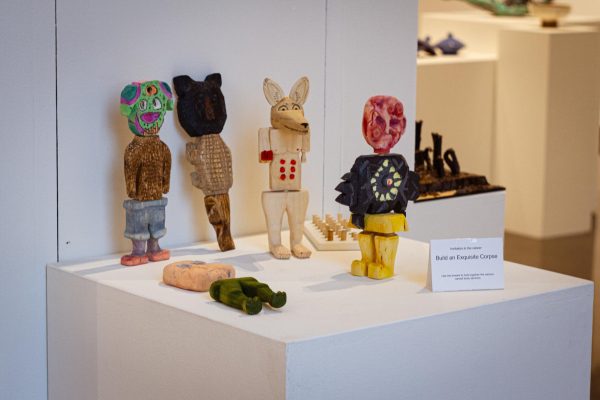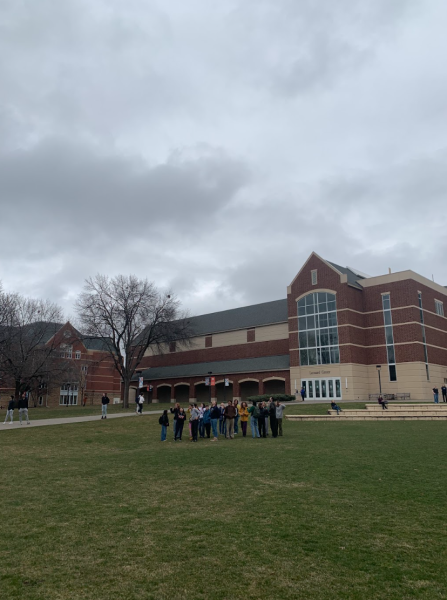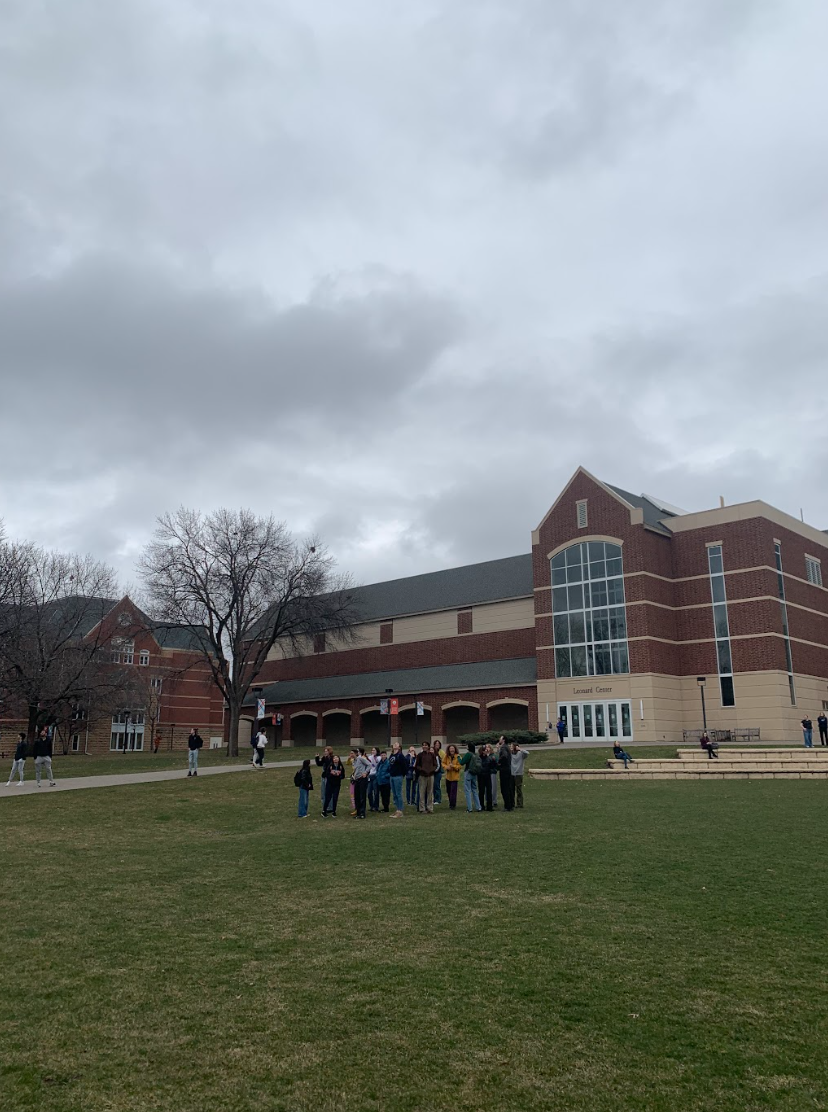Dr. Richard Lee, a psychology professor at University of Minnesota, is an expert on microaggression towards Asian Americans. He does extensive research on Asian Americans, including diverse issues ranging from international or interracial adoption and immigration to media portrayal of Asians.
On February 26th, he visited Macalester and gave a lecture titled “What does FOB mean? Fresh Off the Boat or Foreigner Objectification?” He explained that microaggression, which is a subtle but still concrete form of racism, occurs because many people regard Asian Americans as “forever foreigners,” rather than a part of “American identity.” They objectify Asian Americans in categories and exoticized as to serve their curiosity. The question that they frequently ask, “Where are you REALLY from?” manifests their perception of Asians as foreigners. Thus, the term FOB, which originally means Fresh-Off-the-Boat, can be interpreted as Foreign Objectification.
While the lecture marked a great success with high turnout, some questions remained among the participants. With regards to the questions, the follow-up interview was conducted through email in order to help the readers to better understand the argument that he makes.
TMW: At the lecture, you mentioned that it is important for adoptees to be connected to their original ethnic cultures. At the same time, their identity as American is essential to their self-esteem and life satisfaction. Then, what is the best and most stable identity for them to have? The American identity? The Asian identity? The Asian-American identity?
RL: There is no one best or most stable identity for any group of people, adopted or not. Research suggests that what is most important is that individuals develop an overall healthy, positive identity. If identifying with a particular social group (e.g., Asian American, Vietnamese, African-American) contributes to this overall identity, then all the better. Other research also suggests that feeling like you belong in this country (and hence identify as American) is important to well-being.
You said “Microaggression towards Asians is more cognitive rather than emotional.” Could you elaborate that point?
Our view is that microaggressions toward Asian Americans often are based on stereotypes that are not necessarily laden with negative emotions (e.g., angry black man). Instead, they are based on stereotypes such as nerdy, weak and foreign.
What do you think is the cause of microaggression? Would it be strictly because of the media portrayal of Asian Americans?
Media plays a big role but it’s also historical, dating back to the first Chinese immigrants to come to America.
You mentioned that you are interested in researching the ways in which Asians Americans cope with microaggression. However, as of now, how do you recommend Asian Americans to react when they encounter such racism?
It is important for Asian Americans to develop a repertoire of interpersonal and emotional coping skills to manage racism and discrimination. These skills should help people immediately after a discriminatory event occurs and afterward too. For example, if someone keeps asking questions and making comments that make you feel like they are treating you as a foreigner, it is helpful to know how to address this treatment rather than just accept it and thereby reinforce this person’s stereotype, but if there is a potential threat in the environment and its not safe, then it is important to know how to defuse the situation and step away. It also is important to know when to seek support from friends and family.
For those students who are not Asian Americans, what is the proper way for them to interact with Asian American students? Should they just not ask questions even when they have questions?
I think it’s important for people to just take a minute to examine their assumptions before making a comment such as “Where are you really from?” Is it the same kind of question you would ask a white person? If not, then why are you asking it now? If you are curious about someone’s ethnic background, ask yourself why. Is it to satisfy your curiosity? But then ask if you would ask another white person this question. Why are you only curious about the background of someone who is Asian? Is it the novelty or because you perceive Asians as an Other that is exotic and foreign?
To conclude, foreign objectification all comes down to hasty assumptions and inappropriate questions. Don’t get me wrong, I do not intend to say that microaggression always stems from ill intention. However, to borrow W. Kamau Bell’s words, “ending racism is not about ending your curiosity.” It takes a long time to change the society. However, it takes only few seconds to think before asking an inappropriate question and to avoid partaking in microaggression.


















Una Welch • Sep 10, 2019 at 2:48 pm
Great work! This is the type of info that should be shared around the internet. Shame on Google for not positioning this post higher! Come on over and visit my website . Thanks =)
Charles Lambert • Sep 5, 2019 at 5:42 am
Yes you are correct, in fact Personal home page is a open source and its help we can get free from any community or site since it occurs at this place at this website.